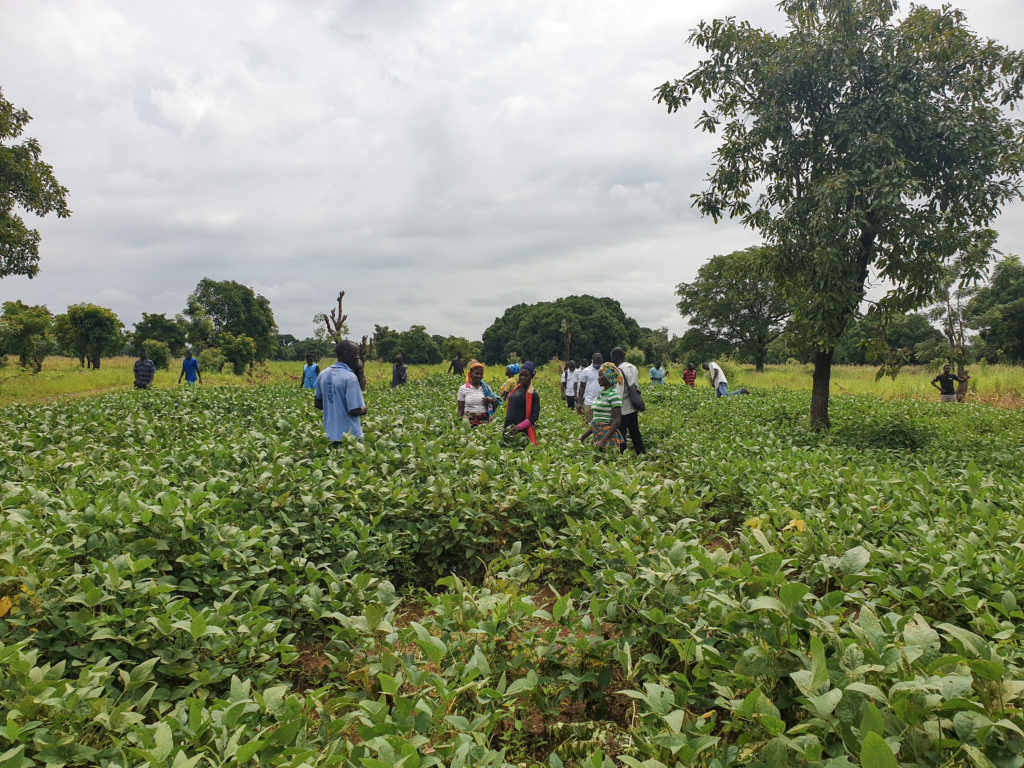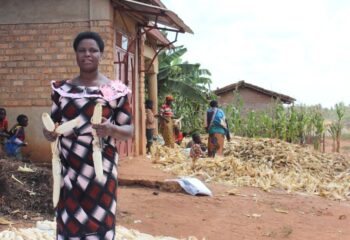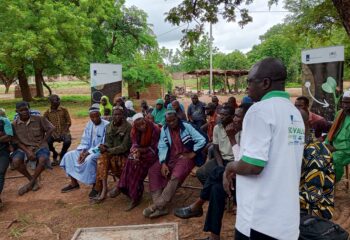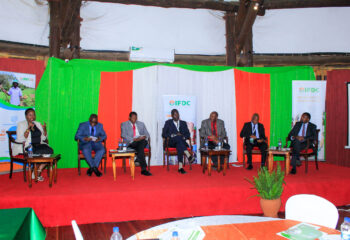
5 Ways Smallholder Farmers Can Reduce and React to Climate Impact
Smallholder farmers feel the effects of climate change in the hardness of their soils and the unexpected winds of the oncoming cyclone. For centuries, their farming techniques enabled them to be resilient in the face of expected weather variances. But climate change is becoming more volatile, increasing the risks and vulnerability of small farmers.
These farmers supply 80 percent of the developing world’s food and can potentially feed the rest of the world. While we can’t stop natural disasters, we can tap into smallholders’ aptitude for resilience and give them the tools and innovations to better prepare for the effects of climate change.
5 ways farmers can reduce climate change’s impact:
- Develop resistant/reactive seeds and fertilizers: Imagine a package of “climate smart” seeds and nutrients that resist drought and react when the rains come. Research teams at IFDC and our partners make creating and scaling such a technology possible.
- Create mobile weather apps: Mobile platforms such as mFarms are increasingly popular among smallholder farmers. While infrastructural challenges remain, weather apps could quickly be scaled up and out.
- Implement financing options: A smallholder farmer can spend a whole planting season caring for his or her crop only to lose it to a devastating natural disaster. Crop insurance and credit lines for smallholders ensure that such events are not fatal.
- Improve water management technologies: Water will be a challenge for the smallholder. And not only in the case of droughts but also flooding. Both water storage and evacuation technologies will be needed as climate change becomes more volatile.
- Provide smallholders proper training and access: Smallholders need to know about climate change. Proper training raises awareness and creates access to best agricultural practices. Being prepared is the best defense against climate change.
Many organizations are already providing the above in some capacity. Climate change, especially as it affects the smallholder farmer, is topping agendas. But “words are wind,” and chasing the newest development fad will not work. Helping smallholders requires dedication to recognizing and tapping into their resilience as well as improving access to tools that will alleviate climate change. We can do it, even if it means one farmer at a time.
Got more ideas? Tweet us



